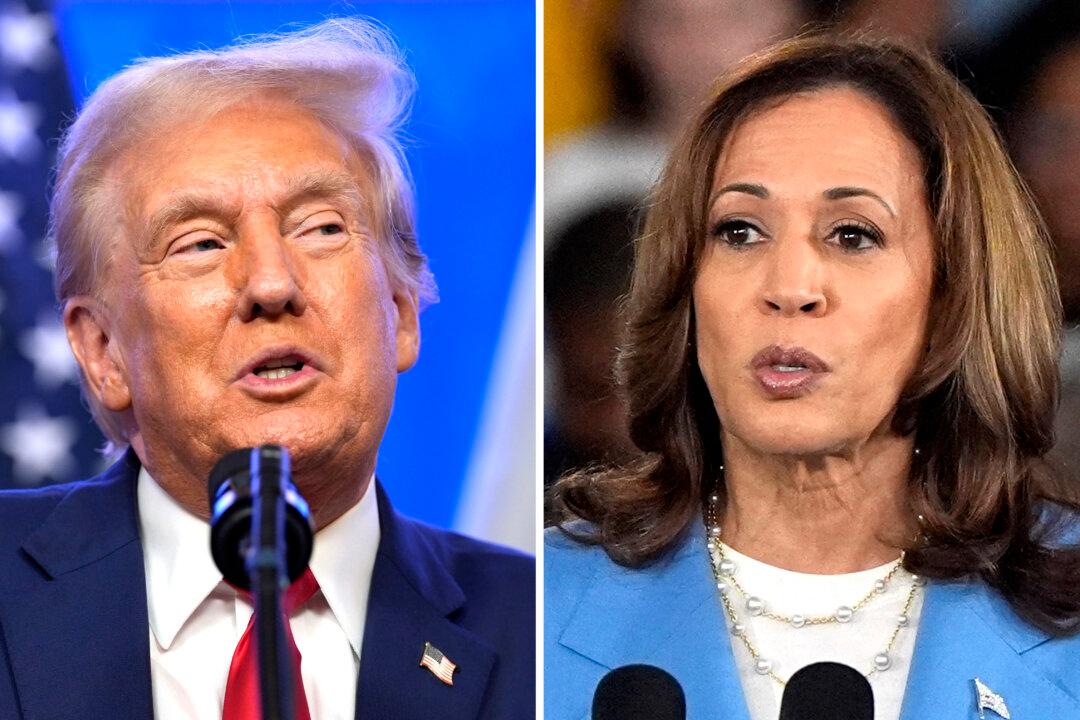As the 2024 presidential race tightens with just 80 days left before the election, financial security and inflation remain top issues among voters. Amid this, Vice President Kamala Harris and former President Donald Trump are presenting dueling visions for strengthening the U.S. economy.
Harris is set to unveil a broader economic plan on Aug. 16 that will touch on making prices affordable for consumers, including efforts to restrict price gouging.




